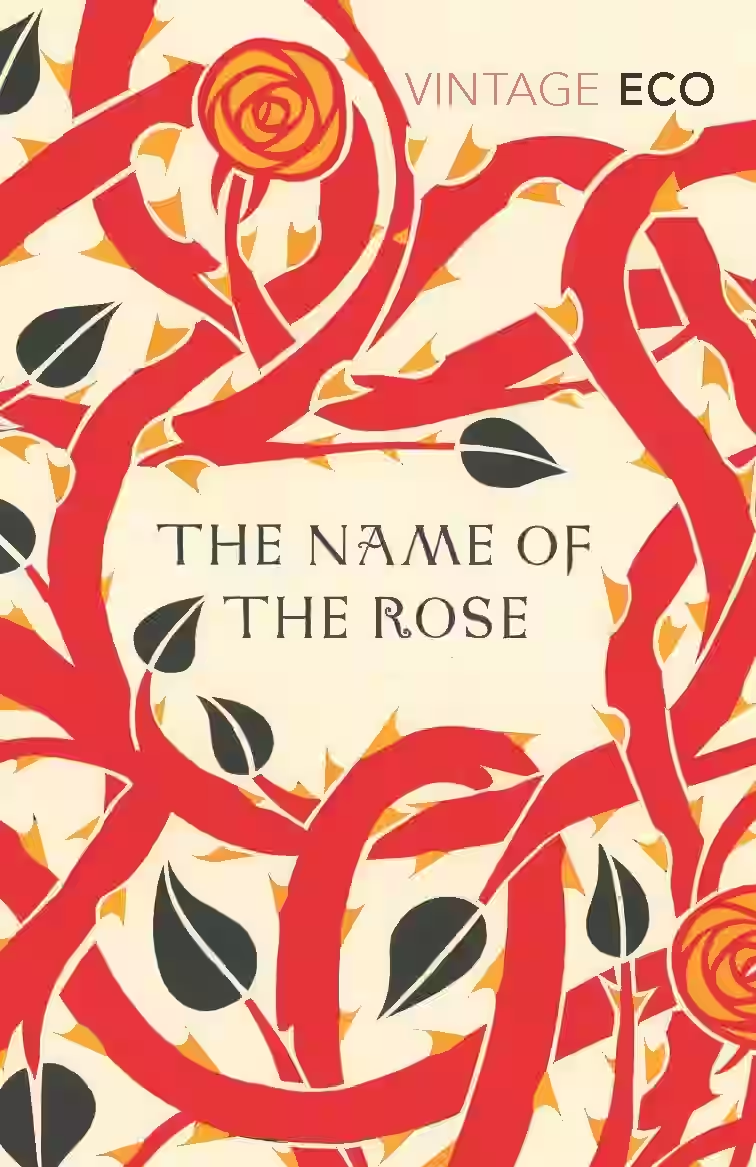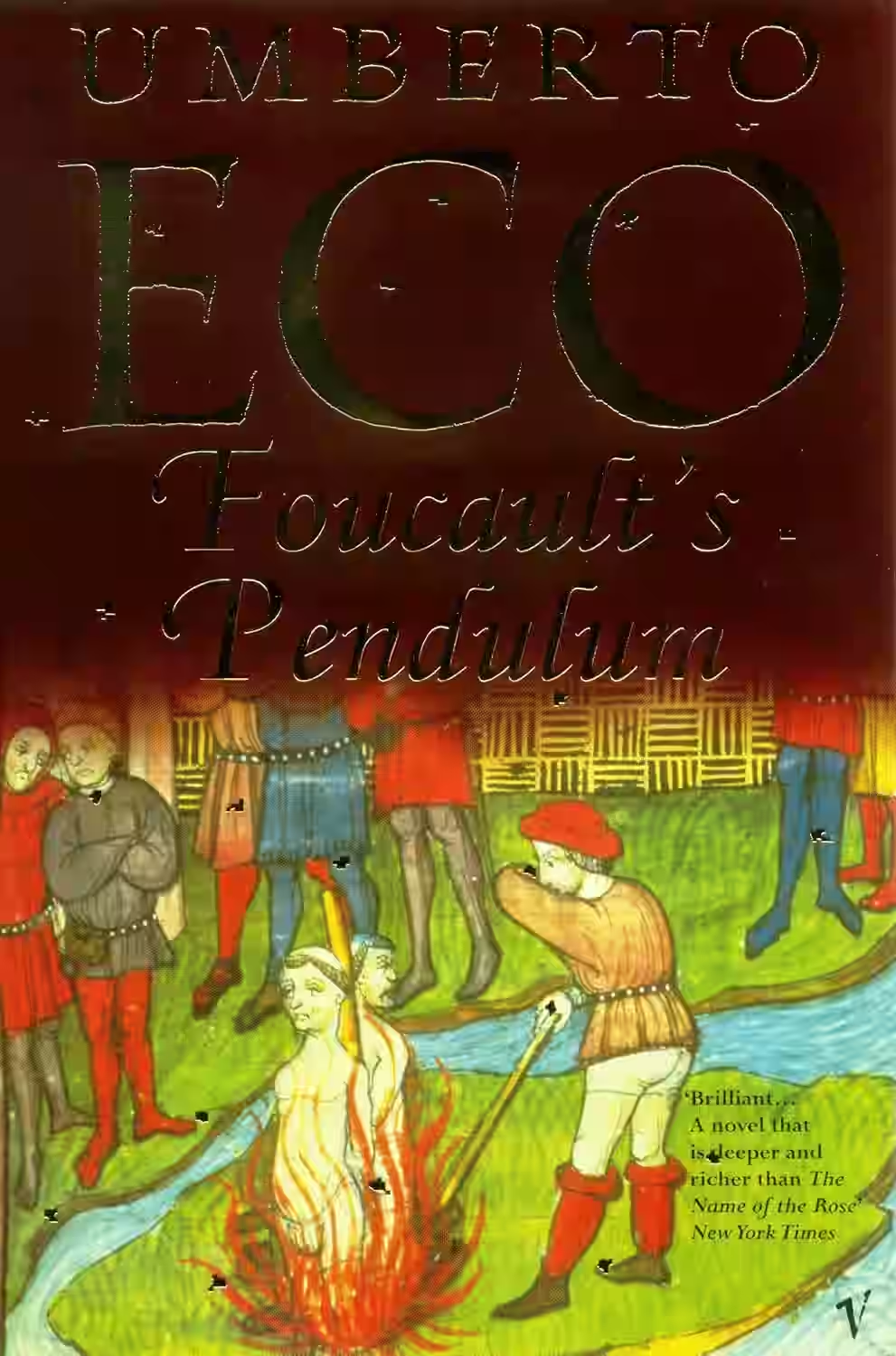Umberto Eco
Umberto Eco (1932-2016) was an Italian novelist, literary critic, and philosopher known for his profound intellect and multidisciplinary approach to literature. Born in Alessandria, Italy, Eco pursued a career in academia before gaining international fame with his debut novel, 'The Name of the Rose' (1980), a historical mystery infused with semiotics and philosophy. His intricate storytelling, blending historical fiction with intellectual depth, earned him critical acclaim and a loyal readership. Eco's works often explored the themes of conspiracy, religion, and the power of symbols. Through his writing and academic contributions, Eco left an indelible mark on contemporary literature and semiotic studies.

Umberto Eco's 'The Name of the Rose' is a captivating historical murder mystery set in an Italian monastery during the 14th century. The story follows the astute monk detective, Brother William of Baskerville, and his novice Adso as they investigate a series of bizarre deaths within the monastery's walls. Eco weaves together themes of religious power, politics, and the clash between reason and faith, creating a suspenseful and intellectually stimulating narrative. The intricate plot, rich historical detail, and philosophical undertones make this novel a compelling read for those interested in historical fiction and intellectual mysteries.

Umberto Eco's 'Foucault's Pendulum' is an intellectually stimulating novel that challenges readers with its complex narrative and intricate web of historical references. The story revolves around three Milanese publishers who, disillusioned with conventional conspiracy theories, decide to invent their own grand scheme linking the world's mysteries. Amusing at first, their creation spirals out of control, blending myth and reality in a compelling critique of the human fascination with secret knowledge. Eco's dense yet rewarding prose explores themes like the idea of meaning-making, the intricacies of human belief, and the seductive allure of connections that may not exist. The novel engages readers with its rich detail, humor, and philosophical inquiries, making it a thought-provoking masterpiece for those patient enough to delve into its labyrinthine plot.